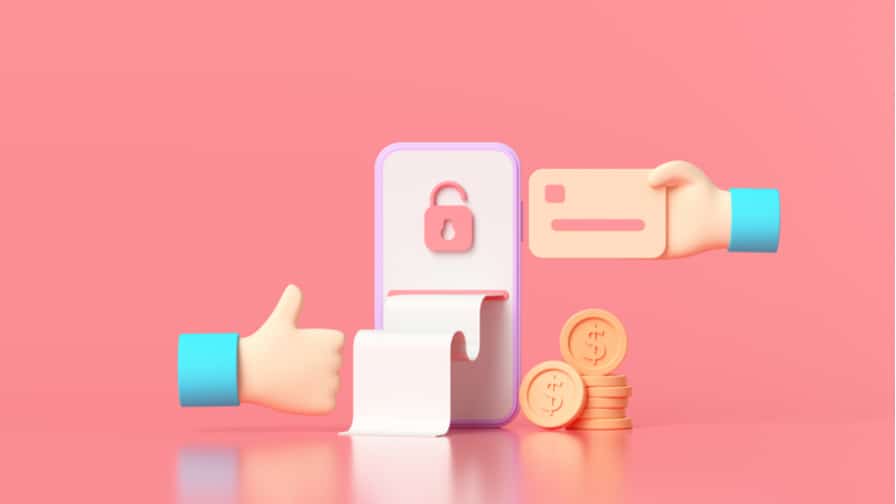Customer uptake of buy now pay later (BNPL) services is bigger than ever before. The pandemic increased the usage of it, with the option to purchase and use items before paying becoming very attractive.
Financial hardships became the norm during lockdown, with furlough and redundancies all too common for a lot of the world. This meant that for consumers, who whilst stuck at home wanted to shop and purchase products, BNPL services were the perfect solution.
The flexibility and transparency offered by the services, such as Klarna, meant that for many it proved to be a low risk method of money management.
How do these services change consumer habits?
When used in the correct, sensible way, these services can be effective. However, the question of them encouraging reckless spending has been raised. The fact that a lot of the people who use these services are Gen-Z, who more often than not don’t have unlimited amounts of money, means that this could become a problem.
Platforms such as Instagram, TikTok and Pinterest have trend and product discovery readily available at the fingertips. Fintech apps like Klarna mean that, even if the consumer doesn’t have the funds ready to go, they are still able to partake in said trend and purchase the product there and then.
Consumers no longer have to wait until payday as they are now able to stagger their payments in more manageable amounts. Brands who have impulse shoppers within their target audience now have the perfect way to turn these customers into conversions.
How will affiliate marketing be affected?
BNPL services are now integrated onto hundreds of sites that run affiliate programmes. They’re snowballing, and show no sign of slowing down, so they could eventually increase to be more than just a payment solution.
The services won’t have an immediate effect on affiliate tracking. Users aren’t removed from the checkout page, and no external party processes alter the journey as the customer moves through the process to payment. The attribution of affiliate-referred traffic should also not be altered.
It seems that the services could, in fact, benefit affiliates. Conversation rates may be increased as the buying journey becomes a lot easier, in turn encouraging more loyal and frequently returning customers.
What about e-commerce as a whole?
Fintech companies are causing disruption to the current payment process that we’re all used to. Customers can pay later, pay in segments, return items and pay for only some of them.
However, fintech like this is only set to cause positive change to the sphere. Services such as Klarna are growing at an incredible rate, and the only danger is that the rest of the e-commerce space fails to keep up.

